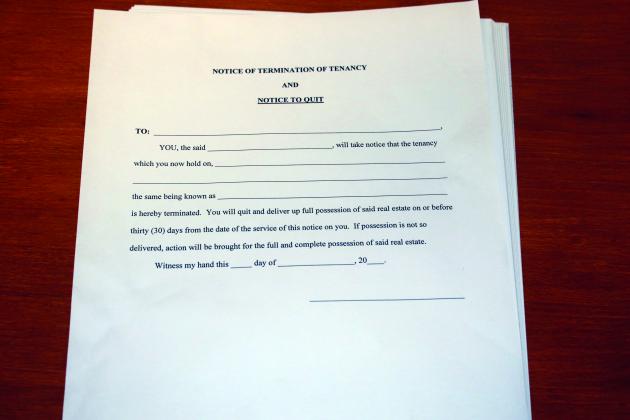OKLAHOMA CITY – Gov.Kevin Stitt has announced a grant program to support Oklahomans sent reeling by COVID-19. Leveraging CARES Act Coronavirus Relief Funds, the state is dedicating $10 million towards an eviction mitigation program in partnership with local non-profits. Some of that money is coming to Blaine County.
“As Oklahoma begins to re-open businesses, it is critical we help our neighbors who are at risk of losing their homes due to the sudden disruption in our economy,” said Stitt. “In a recent review of the pending eviction cases in Tulsa County that are not covered by the CARES Act, 75% of these cases did not have a previous eviction filed. The pandemic has resulted in a number of Oklahomans facing housing instability and food insecurity, and thanks to collaborative ideas from the State Legislature and funding support from our Congressional delegation, we can be confident that Oklahoma will rise stronger as we begin our recovery process.”
The program can provide reimbursements to organizations that pay landlords for rental assistance to those hit by the pandemic, resulting in job loss, income reduction or work furlough. The assistance is capped at $3,600.
In Blaine County, the assistance will be administered by Opportunities, Inc. According to Carla Flynn with Opportunities, the organization and others in the program will have to complete a simplified needs assessment before funds are available. Flynn does not yet know how much will be available, or when the funds will be released. Those two significant pieces of information will directly determine how many residents can be helped to avoid eviction or receive rental assistance.
Opportunities can be reached at (580) 623-7283.
Legal aid, an organization that offers assistance to low income individuals facing eviction and other issues, makes several suggestions for maintaining your housing. First, go to court on the appointed date. Explain the situation to the judge. Take supporting paperwork including receipts that show rental payments. This could establish the resident’s record of timely payments before the pandemic hit. Take along eviction notices, court summons, a copy of the lease, printed communications with the landlord, including texts and emails.
It is also beneficial to arrive early and have someone keep any children for you while you go to court. Make sure the case is to be heard on the appointed date in case it was changed due to the corona virus.
Other rules apply if you live in subsidized housing or your landlord has a federally backed mortgage. Those instances mean you cannot be evicted for non-payment of rent until after July 25. To find out if your landlord has such a mortgage, go to nLihc.org/federal-moratoriums. Landlords are prohibited from locking tenants out without a court order and they cannot shut off utilities.
To find legal aid near you call (888) 534-5243.

